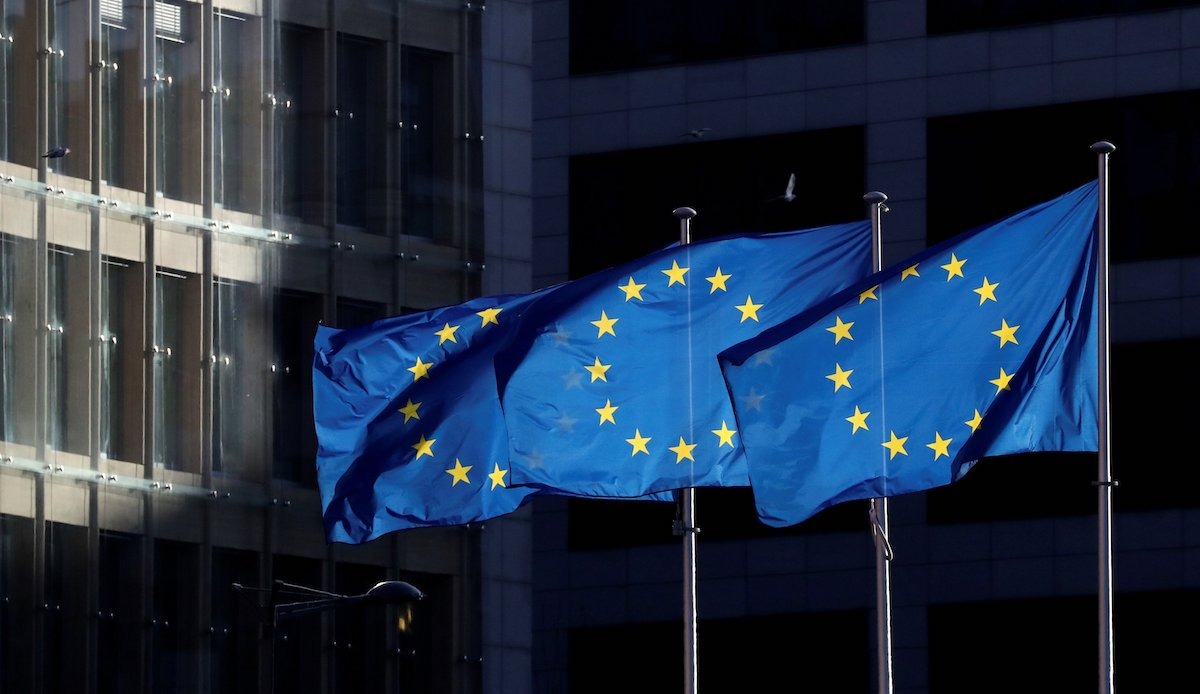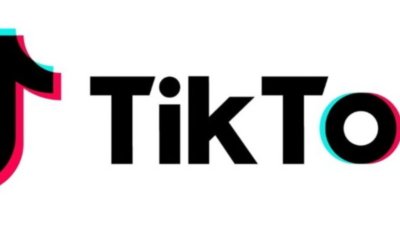EU proposes sweeping regulations on Big Tech, hefty fines for noncompliance
The European Commission on Tuesday introduced two new pieces of legislation that could implement much stricter regulations on tech giants in the European Union, and levy hefty fines for noncompliance.
Those new rules are part of the Digital Markets Act and the Digital Services Act, both proposed by the EU's executive arm Tuesday. They're meant to curb the power of Big Tech in the EU and foster a more competitive environment for smaller companies, CNBC reported. The Digital Markets Act, for example, would implement changes that would end self-preferencing.
One example could be the end of Apple highlighting its own product options in an App Store search. Apple and Google could also be forced to allow users to remove apps that come preinstalled on a device. Performance metrics could also be shared with advertisers and publishers for free.
If tech giants don't comply with the new regulations, they could face stiff penalties. Some indications suggest that fines could be as high as 10% of a company's annual global turnover. The regulations could also force companies to divest if they systematically break the rules, though on EU official said that breaking up big tech companies would only become an option if there were "no other remedy" available.
The second piece of legislation, the Digital Services Act, is aimed at addressing illegal or harmful content by asking platforms to take them down in a prompt matter. Like the market-focused act, there would be hefty penalties for companies that fail to comply.
EU competition chief Margrethe Vestager on Tuesday said that the two acts would both ensure that users "have access to a wide choice of safe products and services online" and would allow businesses operating in Europe to "freely and fairly compete offline just as they do online."
Both proposals would still need to be approved by EU member governments and legislators, but policy experts told CNBC that adoption could be faster than usual.
The EU has been spearheading tech regulation, starting with the adoption of widespread data privacy laws in 2018 and continuing to new right to repair regulations in 2020.
Specific tech giants have also been a target of EU scrutiny. Amazon in November was hit by antitrust allegations in Europe, and the EU is currently investigating claims of anticompetitive behavior in Apple systems like Apple Pay and the App Store.
Vestager, although leading the EU's antitrust charge, has cautioned against the idea of breaking up Big Tech companies. In October, she said that governments "should be very careful with that type of remedy because one should be very sure how it would actually work."
 Mike Peterson
Mike Peterson











 Marko Zivkovic
Marko Zivkovic
 William Gallagher
William Gallagher
 Andrew Orr
Andrew Orr



 Amber Neely
Amber Neely
 Christine McKee
Christine McKee







